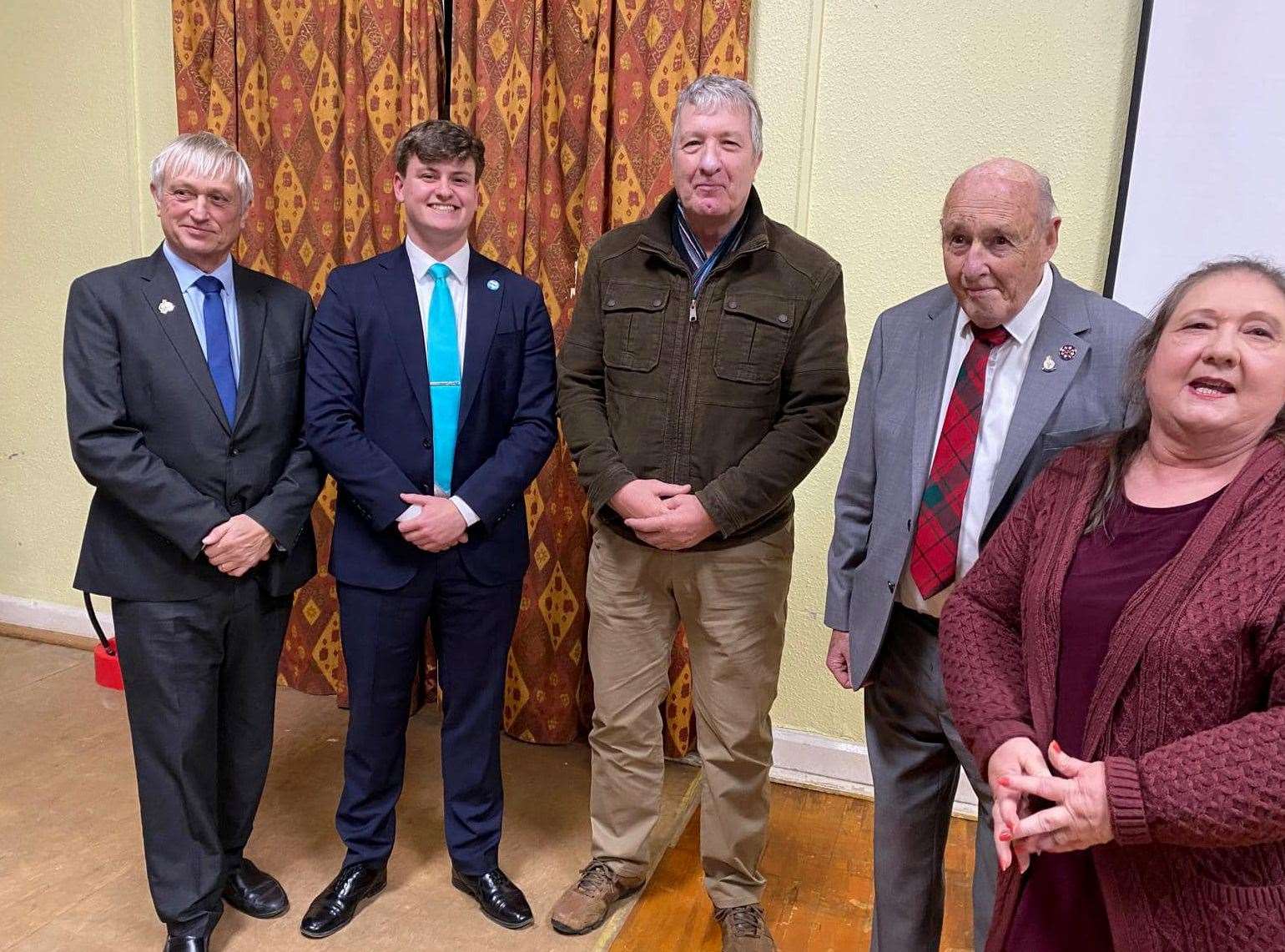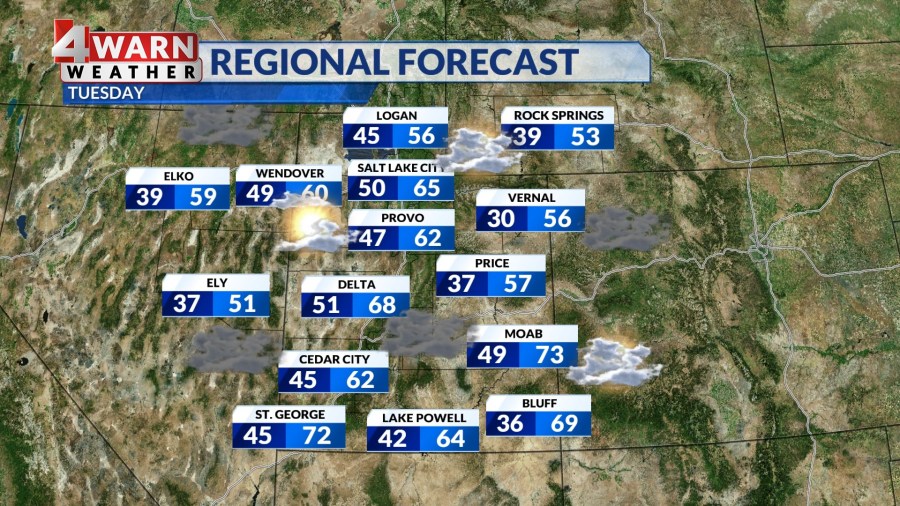Cities including Ottawa could still lock down federal infrastructure money despite breaking a condition against increasing fees for developers who build new housing.
Former housing, infrastructure and communities minister Sean Fraser had issued a warning to cities on the hot-button issue, which has pitted local politicians against housing advocates — and led to campaign promises.
Fraser warned municipalities that don’t freeze development charges that they won’t qualify for the $6-billion Canada Housing Infrastructure Fund, and could also lose out on payouts from the Housing Accelerator Fund.
His successor Nate Erskine-Smith offered CBC a more nuanced view, however.
“I would like to move away from this idea that growth should pay for all growth, and I do think that drives up the cost of home building and we need to be doing the opposite,” he said Thursday from the sidelines of the Federation of Canadian Municipalities’ Big City Mayors’ Caucus meeting in Ottawa.
“If we’re honest about it though, it’s kind of apples to oranges across municipalities across the country.”
Erskine-Smith said cities in Ontario have had to rely more heavily on this sort of revenue to make up for a lack of funding.
Some, like Ottawa, haven’t raised development charges for a long time.
Targeted approach
Erskine-Smith said cities will still be rewarded for “reducing development charges across the board,” but others may take a more targeted approach of driving down fees on affordable housing projects.
“I hope we can land on something,” Erskine-Smith said of Ottawa’s chances. “So long as they’re committed to driving down the costs of getting homes built, then I think there’s a path forward.”
Ottawa Mayor Mark Sutcliffe told CBC talks with Erskine-Smith have been “very productive” and “open minded.”
“We need to move quickly,” Sutcliffe said. “We need sustainable funding and a strong partnership with the provincial and federal governments to fund infrastructure so we can build more homes and support more people.”
So far, Ottawa appears on track to secure the next tranche of its $176-million slice of the federal Housing Accelerator Fund.
That fund relies on approving permits, not shovels in the ground — a situation that could become more tricky as U.S. President Donald Trump’s tariff threats loom.
“It’s up to the community to build them, and it’s up to the contractors and the builders to do it,” Sutcliffe said. “We’re going to work as hard as we can to streamline the processes, reduce approval times. But once we approve a home, we need to see the builders moving faster to build those homes.”
Erskine-Smith said mayors from across Canada expressed similar concerns about a possible economic downturn. He said while the federal government is still working “every day to avoid it,” he’s also listening to hear what cities will need if the worst happens.
#Funding #open #cities #hike #development #charges #Liberals










Leave a Reply